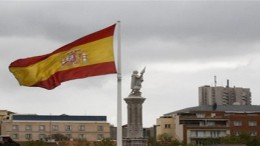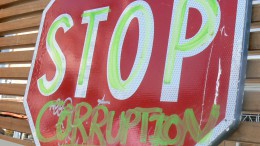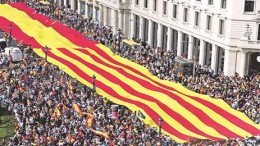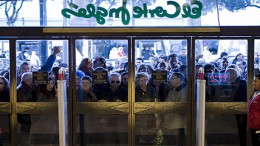Unemployment falls in Spain
MADRID | March 3, 2015 | By Fernando G. Urbaneja | The creation of 13,500 new jobs in January is in line with encouraging figures elsewhere in the Spanish economy. While there will rightly be optimism in the wake of the latest data, the worrying plight of the youth and long-term unemployed continue to cause concern.





